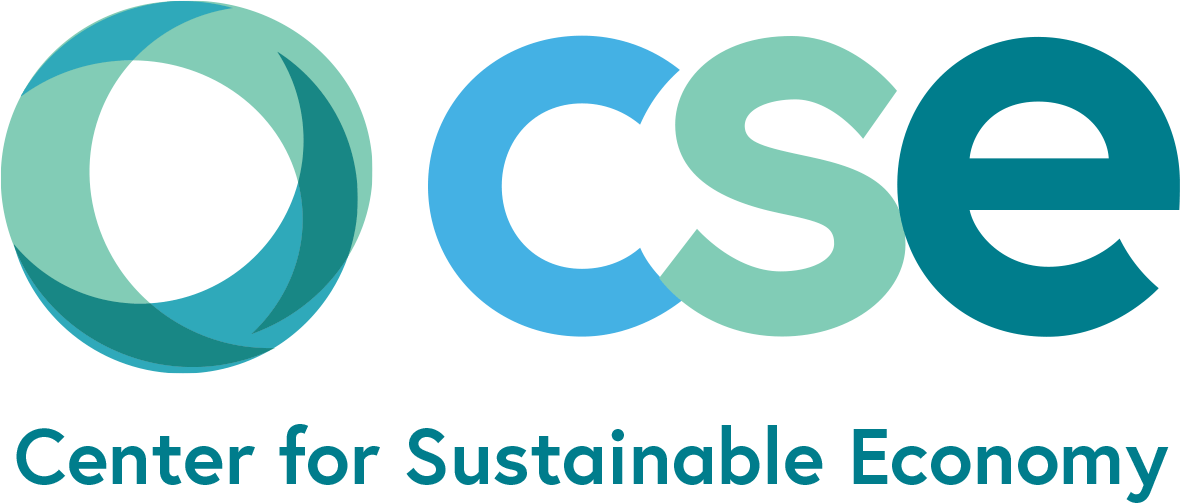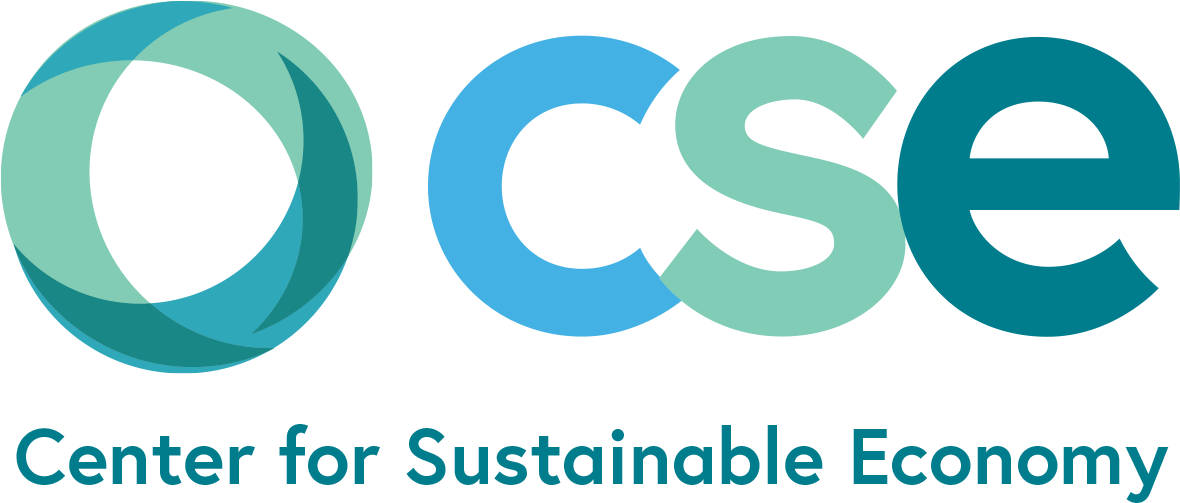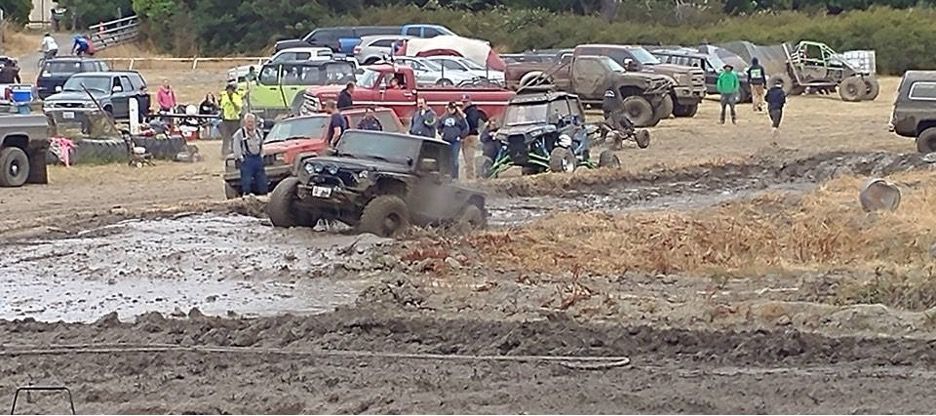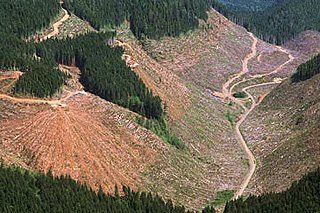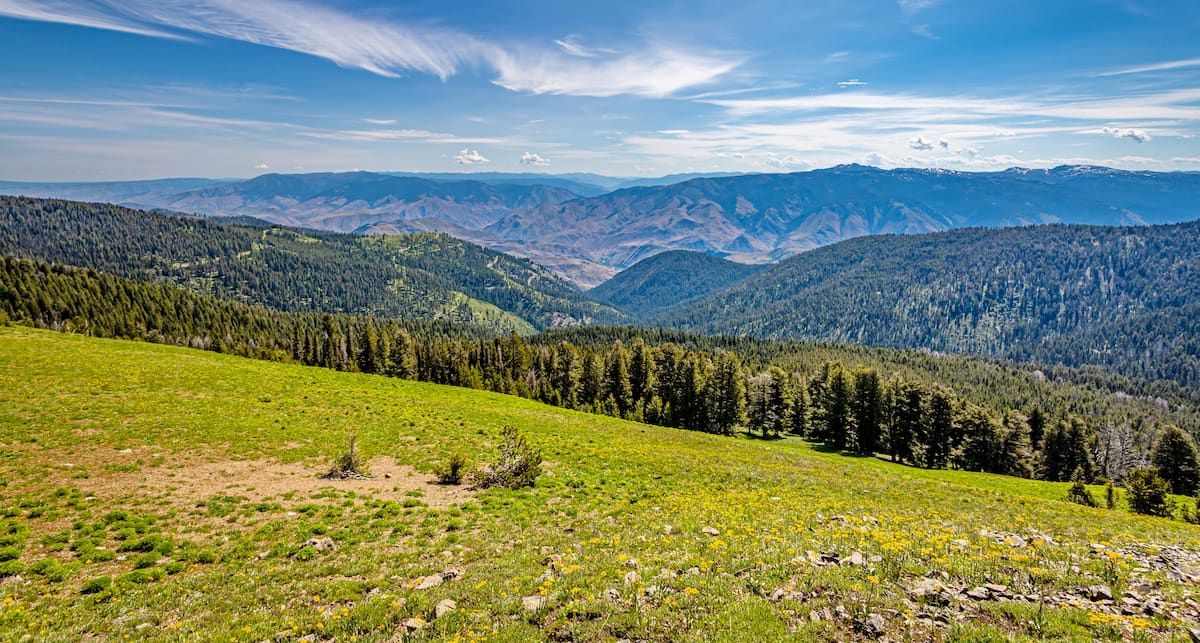services for nonprofits, governments, businesses and educational institutions
ANALYSIS
CSE houses a top-notch team of researchers with a diverse background in a number of disciplines at the forefront of thinking about the new economy. We specialize in benefit-cost analysis, net public benefits analysis, non-market valuation, regional modeling, ecological footprints and climate impacts analysis. We produce in-depth reports, short form analyses and peer reviewed publications for clients and partners. Recent areas of focus include the climate impacts of industrial forest practices, the Genuine Progress Indicator, and the external costs of fossil fuel infrastructure.
SOLUTIONS
CSE uses its economic, scientific and legal expertise to develop innovative policy solutions to some of humanity’s most tenacious challenges. We develop model legislative solutions at the federal, state, and local levels as well as new or amended regulatory approaches. Our policy innovations have been key in leveraging new protections for at risk forests, farmland, wetlands, and wildlife habitat, halting new fossil fuel infrastructure, changing priorities for public finance and helping alleviate the growing inequality divide through affordable housing and living wages.
ADVOCACY
CSE is dedicated to promoting best practices for federal, state and local agencies who are legally bound to justify the economic basis for their decisions and demonstrate that they serve the public interest. To this end, we monitor, comment and if necessary, challenge in court decisions that affect the well-being of the nation’s economy and its citizens. We also provide expert testimony to help leaders in Congress, state legislatures as well as county and city councils and commissions advance sustainability initiatives important for their constituents.
FEATURED WORK
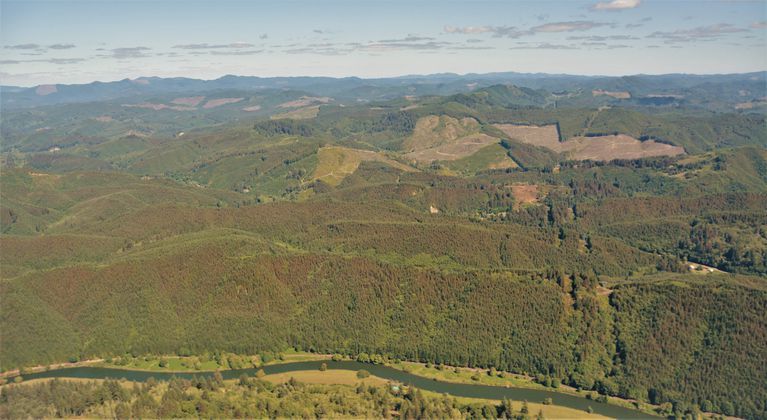
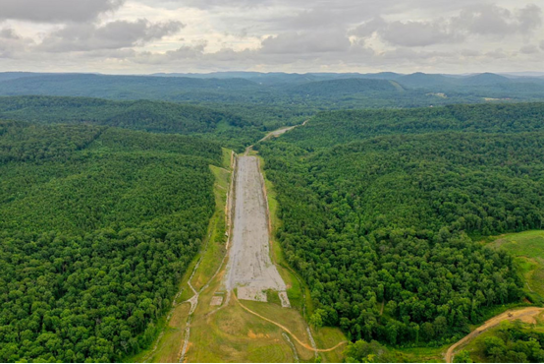
All Rights Reserved | Center for Sustainable Economy

